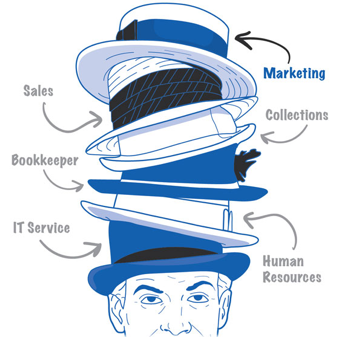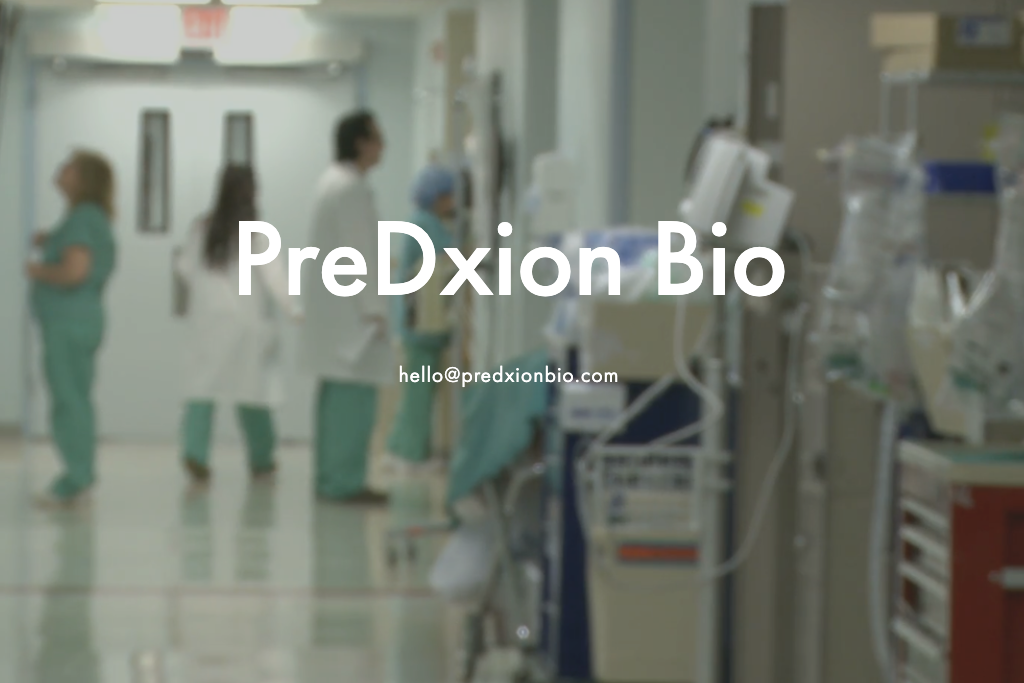Blog post by ELP student Michael Yufa-Zimilevich (Engineering | Class of 2019) Interning at PreDxion Bio
For most interns, a typical internship involves a large office building with several different teams and departments, perhaps with a couple of dedicated projects in their field of study. The backend, design, and business development people all work in separate office spaces and mostly meet separately.
At an early stage startup however, it’s just a handful of founders and first hires working together to keep the ship afloat and the day-to-day role is a lot less predictable. This summer I’m working as a Project Management/Software Engineer/Swiss Army Intern at a startup called PreDxion Bio which makes a rapid biomarker detection device*. Here are a few things I’ve had to get used to as an intern (and 3rd employee) at PreDxion:
Get Used to Wearing Different Hats

Over the course of my internship, I’ve been tasked with writing image processing software, managing contracts for large scale manufacturing, and setting up data security protocols. I didn’t come into this job as an expert in any of these areas, but I had to step up to the plate since it’s what we needed for our company to succeed. Reading Sam Altman’s post about productivity helped me stay focused while maintaining multiple roles. He talks about how staying productive is less about working harder, and more about choosing the right things to work on for what you want to achieve. You may have to take on many unfamiliar roles in your tenure at a startup to effectively move the company toward the larger goal. Which leads us to the next point …
Things Change Rapidly, Focus on the Bigger Picture

At PreDxion Bio, our mission is to reduce fatalities in critical care through insights generated by rapid biomarker detection. We’ve taken a lot of turns in the past few years that have changed what the team is working on. In 2017, our co-founders Walker and Tim spent the summer creating a minimum viable prototype that could demonstrate our key technology. Up until this summer started, we were building relationships with potential customers and scoping out how to enter the market. Now our largest project is re-engineering our device for large scale manufacturing. In just three years, a team of no more than three has had to handle all of the engineering, legal, and finances surrounding these advances.
This is indeed the story at many startups; nobody knows where the company will be in three years, and there’s a lot of different directions to take. What keeps a startup alive is when everyone knows what they’re striving for, and every decision, every late night at the office, moves you closer to the larger goal.
Not All Startups Are the Same

Paul Graham describes the concept perfectly in his essay Default Alive or Default Dead, “In practice there is surprisingly little connection between how much a startup spends and how fast it grows. When a startup grows fast, it’s usually because the product hits a nerve, in the sense of hitting some big need straight on.” If you get a job at a startup tomorrow, it might look like LinkedIn in the early 2000s, you might be hiring 50 new employees a month and seeing revenue grow exponentially. Or, you might be working on a product that won’t hit the market for another year, climbing stacks of rewritten contracts and regulatory paperwork, building up to the launch.
As long as you believe in the mission and find joy in working long hours to keep the ship afloat, you’ll do great at your next startup job.
*In normal people terms our rapid biomarker detection device, takes in blood samples from patients in critical care (cancer, heart attacks, transplants, etc.), snaps a super high quality picture of the blood sample, and tells doctors whether your immune system is overreacting or underreacting. We haven’t really been able to get these insights up until now which means doctors can’t tell what a given amount of a given immunotherapy drug is doing in your body. Bedside biomarker detection = less hoping for the best = more lives being saved 🙂

